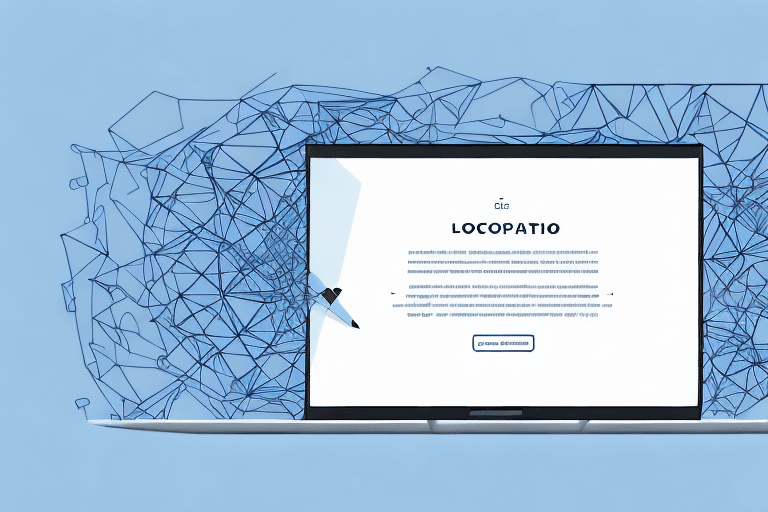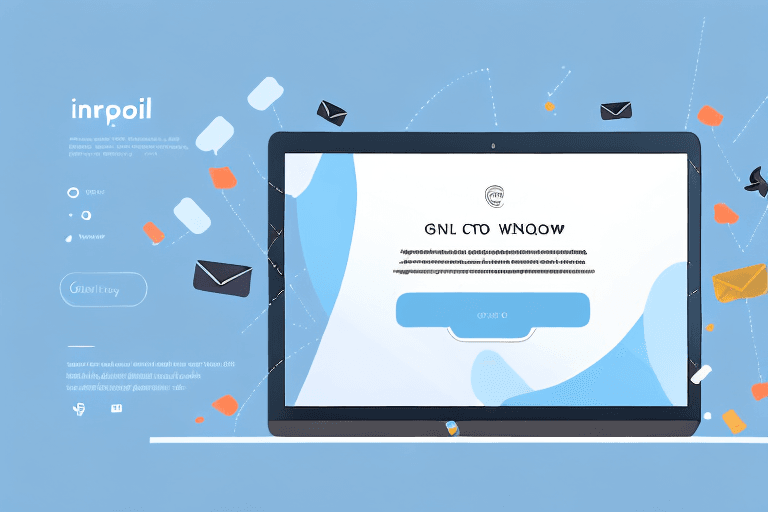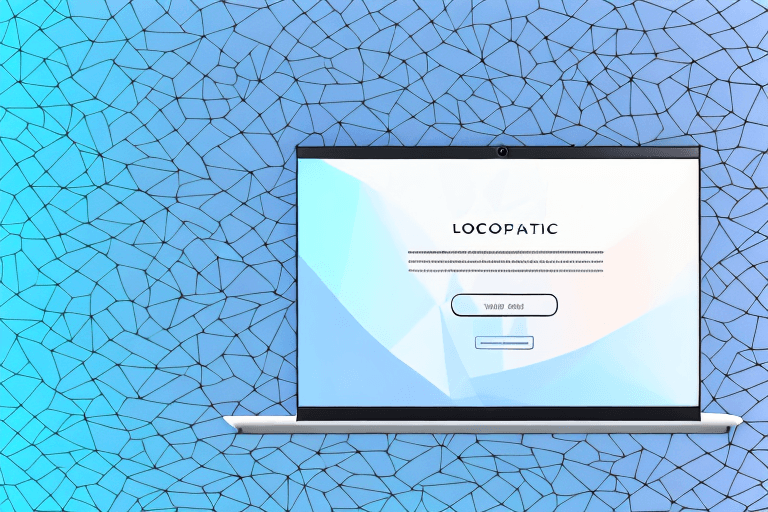In today's fast-paced world, recruiters need to be efficient with their communication if they want to attract the best talent. Email is a vital tool for recruiters, and with the right email template, you can efficiently and effectively reach out to potential candidates.
Understanding the Importance of Recruiter Email Templates
Recruiting the right candidate for a job can be a daunting task for any recruiter. With so many candidates to choose from, it's important to have a strategy in place to ensure that you find the best fit for the role. One key component of this strategy is the use of recruiter email templates.
Before we dive into the key components of an effective recruiter email template, it's important to understand the role of email in recruitment and why using an email template is essential.
The Role of Email in Recruitment
Email has become the preferred communication method for recruiters in recent times, and for good reason. It's quick, cost-effective and allows recruiters to reach out to a large audience with minimal fuss. With email, recruiters can send out job postings, network with industry professionals, and keep in touch with potential candidates, all from the comfort of their computer or smartphone.
Furthermore, email allows recruiters to establish a personal connection with candidates, which can be difficult to achieve through other forms of communication. It provides a platform for recruiters to showcase their brand and company culture, which can be a deciding factor for candidates when choosing between job offers.
Benefits of Using Email Templates
While it may be tempting to write individual emails to each candidate, using an email template has several advantages. Firstly, it saves time, allowing you to send out a high volume of emails quickly and easily. This is particularly useful when you have a large number of candidates to contact.
Secondly, using an email template ensures consistency in your messaging, helping you to build a strong brand identity. By using a consistent tone and language, you can establish your company's values and personality, which can be appealing to candidates who share those same values.
Lastly, using an email template allows you to personalize your message, making it more engaging for the recipient. By including the candidate's name and referencing their experience or skills, you can show that you have taken the time to research their background and are genuinely interested in their application.
In conclusion, email templates are an essential tool for recruiters looking to streamline their communication and establish a strong brand identity. By understanding the role of email in recruitment and the benefits of using templates, recruiters can improve their chances of finding the right candidates for their job openings.
Key Components of an Effective Recruiter Email Template
Now that we've established the importance of email templates, let's take a closer look at the key components of an effective recruiter email template.
Recruiting the right candidate can be a daunting task, but a well-crafted email can make all the difference. A recruiter email template is an essential tool for any hiring manager looking to attract top talent. The right email template can help you connect with potential candidates and get them interested in your company and the opportunities you have to offer.
Personalization and Customization
A personalized email can make all the difference in engaging a potential candidate. When reaching out to a candidate, it's important to make them feel like they are more than just a name on a list. By using their name and any relevant information, such as their current employer or experience, you can make the email more personal and show that you've taken the time to research their background.
Additionally, using a customized email template with your company branding can help build your brand identity and make the email more appealing. A well-designed email can make your company stand out and leave a lasting impression on the candidate.
Clear and Concise Messaging
When drafting your email, it's important to keep your messaging as clear and concise as possible. Candidates receive numerous emails every day, so it's essential to communicate your message quickly and effectively. Make sure you are communicating the most important information at the beginning of the email rather than burying it at the end. Avoid using jargon or overly complicated language and keep your tone professional yet friendly.
It's also important to keep in mind the candidate's perspective. What are they looking for in a job? What are their goals and aspirations? By understanding their needs and interests, you can tailor your message to resonate with them and increase the likelihood of a response.
Strong Call-to-Action
Your call-to-action (CTA) is one of the most essential parts of your email. It needs to be short, sweet, and actionable. Encourage the recipient to engage with your company, whether it's by applying for a job, attending an event, or reaching out to you for more information. Make sure the action is clear and easy to follow, and include a sense of urgency to motivate a response.
Remember, the goal of your email is to get the candidate to take action, so make sure your CTA is compelling and provides a clear next step.
Mobile-Friendly Design
With more and more people accessing email through their phones, it's essential to make sure your email is mobile-friendly. A mobile-responsive design means that the email can be easily read and navigated on a smartphone or tablet without requiring a lot of scrolling or pinching to view.
This is particularly important in recruitment as candidates may be on the go and accessing email on their mobile devices while commuting or during their lunch breaks. By ensuring your email is mobile-friendly, you can increase the chances of the candidate engaging with your message and taking action.
Overall, an effective recruiter email template should be personalized, clear, action-oriented, and mobile-friendly. By keeping these key components in mind, you can create a compelling email that resonates with potential candidates and helps you attract top talent for your organization.
Crafting the Perfect Subject Line
Now that we've covered the essential components of an email template let's turn our attention to the all-important subject line.
Importance of a Compelling Subject Line
Your subject line can be the difference between your email being opened or ignored. It needs to be compelling enough to grab the recipient's attention and motivate them to read on. It's also essential to keep it relevant to the content of the email, to avoid confusion or disappointment.
Think of your subject line as the first impression you make on your recipient. It's the first thing they see in their inbox and it's your chance to make a lasting impact. A strong subject line can increase your open rates and ultimately lead to more conversions.
Tips for Writing Attention-Grabbing Subject Lines
There are several strategies you can use to make your subject lines more engaging. One of the most effective is to use personalization, such as including the recipient's name or job title. This shows that you have taken the time to personalize the email and makes the recipient feel valued.
Another approach is to use humor, but be careful not to offend or confuse your audience. A well-placed joke can make your email stand out and leave a positive impression.
Creating a sense of urgency or exclusivity can also be effective. Words like "limited time offer" or "exclusive access" can create a sense of FOMO (fear of missing out) and motivate the recipient to take action.
Lastly, posing a question to pique curiosity can be a great way to get your recipient's attention. Asking a question that is relevant to the content of your email can entice the recipient to open and read on.
Remember, your subject line is the gateway to your email. Take the time to craft a compelling and relevant subject line to increase your open rates and ultimately drive more conversions.
Building a Strong Email Body
Now that we've covered the key components of an email template and subject line, it's time to focus on the body of the email.
Introduction and Personal Connection
Your introduction should not only grab the recipient's attention but also create a personal connection with them. Mention something you have in common with them, such as a shared interest or connection on social media, to establish rapport and build a relationship.
Highlighting the Job Opportunity
The body of your email should highlight the job opportunity and emphasize why it's the right fit for the candidate. Make sure to mention the key requirements and responsibilities of the role, as well as any unique selling points, such as the company culture or benefits package.
Showcasing Company Culture and Benefits
Candidates want to know more than just the job description, they want to know what it's like to work for your company. Highlight your company culture, work-life balance, and any employee benefits to give the candidate a better understanding of the overall work experience. This will not only make your email more engaging but also help you attract the right talent.
Providing Clear Next Steps
Finally, it's essential to provide clear next steps for the candidate. Whether it's applying for the job, attending an event or scheduling a phone call, make sure the action you want the candidate to take is clear and easy to follow.
Conclusion
An effective recruiter email template is an essential tool for attracting the best talent to your company. By incorporating the key components discussed above, including personalization, clear messaging, strong calls-to-action, mobile-friendly design, and a compelling subject line, you can create engaging emails that resonate with potential candidates. Remember, the goal is to create a positive impression and build a relationship with the candidate, so take the time to craft emails that are both informative and personalized.




